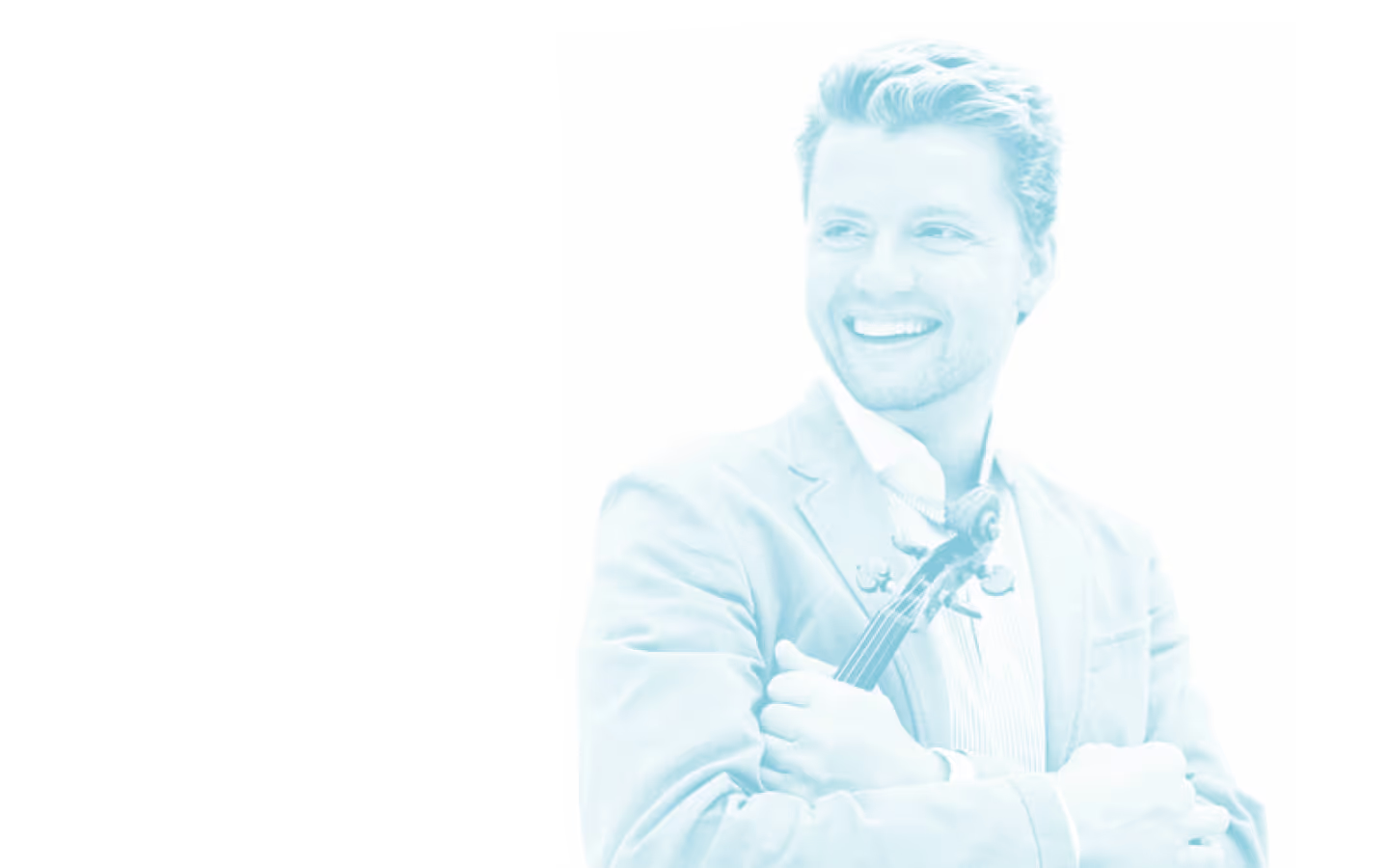Simon Callow as the Narrator in Gilgamesh
Experience the great British actor Simon Callow as the narrator in the climactic B. Martinů's oratorio The Epic of Gilgamesh.



Korngold and Bruckner in Young Hands
Manfred Honeck leads the Gustav Mahler Jugendorchester, with Renaud Capuçon in Korngold’s Violin Concerto and Bruckner’s Symphony No. 9



The Concertino Praga Finalists Revealed
On 12 and 13 September, 8 finalists from 6 countries will compete for victory in the Concertino Praga 2025. Don’t miss this thrilling event!



Programme
Dvořák Prague Festival 2025 will take place from 5 to 23 September.




































Festival News
Stay tuned to the world of classical music and discover the latest news from the Dvořák Prague Festival.
About the Festival
Antonín Dvořák
Antonín Dvořák
Antonín Dvořák
Antonín Dvořák (8 September 1841 – 1 May 1904) holds a place among the extraordinary figures of musical culture both in the Czech lands and in the world at large. His compositional bequest forms one of the pillars of world cultural heritage. Already during his lifetime he became the most often-performed Czech composer worldwide and the most famous of all Czech artists.

Dvořák Prague Festival
Dvořák Prague Festival
About the Festival
World-class orchestras, outstanding soloists, and a deep commitment to preserving the legacy of the most famous Czech composer—this is what defines the Dvořák Prague Festival. Despite its relatively young history, it has become an inseparable part of the country’s rich festival tradition. Each year, it brings together glorious music and an atmosphere of exceptional prestige.

Patrons Club
Donors Club
Donors Club
The Patrons Club is open to everyone who wishes to contribute to the festival’s programme development, organisational growth, or educational activities—whether through financial support or moral encouragement. By nurturing both the artistic and human legacy of Antonín Dvořák, we aim to foster a sense of national pride among the Czech people.

New Visual Identity
New Visual Identity
New Visual Identity
We may look different, but we're still the same at heart. Introducing our new website and visual identity! The site now offers a clearer, more modern experience, making it easy to find the programme and key information. The new visual style features a refined logo and geometric elements inspired by musical notation, blending tradition with innovation.






